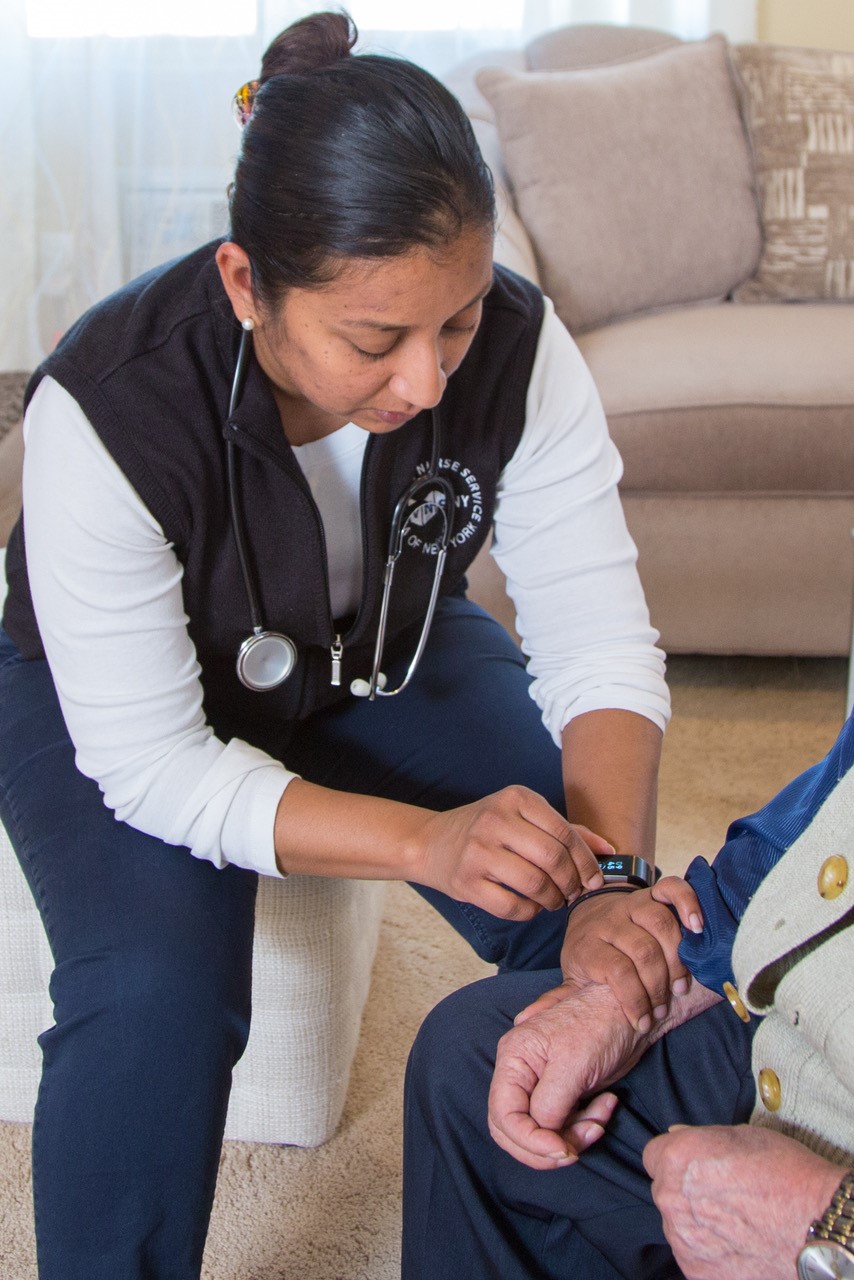
For the 43.5 million Americans each year who find themselves caring for an ill or injured loved one, caregiver stress is not only very real, but it can be harmful and debilitating over time. The Family Caregiver Alliance reports that 17% of caregivers feel their health has gotten worse due to their caregiving role. The physical strain of caregiving is especially high for those caring for a loved one with dementia., those providing care for longer than one1 year, and caregivers who are age 65 and older 65+.
If you are among those 43.5 million, let 2019 be your year of Self Care. As a new year gets underway, here are five tips to help you get through the day and keep yourself strong in this critically important role.
1. Make it a priority to take care of yourself
This is the big one. If you accomplish only this in the new year, you will have achieved an impressive victory. First, sleep. Routine is helpful here. Go to bed at the same time every night, if you can. Read a few pages of a book (not an electronic screen) and then head off to bed.
Eat well, too. Snack on healthful carrots or apples rather than stress-munching cookies and crackers. But, at the same time, allow yourself an occasional indulgence—you deserve it. And exercise as much as you can, even if it just means taking the stairs instead of an elevator, or parking the car a little farther from your destination.
2. Set goals for yourself
You may have set healthcare goals for your loved one: blood sugar and weight targets, physical therapy goals. But set goals for yourself, too—ones that are realistic enough to reach but challenging enough to create real change. Begin with this simple goal: Introduce one pleasurable thing into, or back into, your life. Maybe that’s a movie night with friends, or a walk in the park, or hosting a bridge game. Whatever gives you pleasure, make it part of your routine.
3. Reframe your outlook
Let yourself see success in the way you view the world. Whether reflecting back on the day or setting out each morning, think about what constitutes a “win.” Maybe you finished that book, made a healthy lunch, or got your loved one to smile. Good job!
4. Knowledge is power
Learn as much as you can from clinicians about your loved one’s illness—the symptoms, treatment plan (including medication and dietary restrictions), and what to expect in terms of ups, downs, changes and danger areas. By knowing what to expect, you’ll avoid unnecessary worry and be able to take immediate action when you need to. This knowledge can also help you modify activity to keep your loved one engaged. If you know that diabetes will affect his eyesight and he loves to read, introduce books on tape, or podcasts from his daily newspaper.
5. Ask for help (and then let them help!)
If you don’t already know it, learn this word: respite. Respite means a short period of relief, and, for many caregivers, it is the key to wellbeing. Many healthcare and civic organizations, including where I work, offer respite services. Here’s a national resource, ARCH National Respite Network, that can help you learn more.
You can also create your own respite by delegating. Involve your grown children if you can. Routine can help cement change. It’s one thing for your son and his wife to stop by now and then. It’s quite another for them to come every Sunday night for takeout so you can go to dinner with a friend. When others are in charge, make sure they know the game plan—and then trust them.
Additionally, there may come a time or a stage in your loved one’s illness where professional home care is the safest and most appropriate route. If that’s your situation, there are a number of online resources to help you assess your needs and plan your next steps. Here are a few key places to begin:
- Family Caregiver Alliance, for support resources including a state-by-state guide
- National Alliance for Caregiving, a coalition of national organizations focused on family caregiving issues
- National Institute on Aging Information Center, for research and information on aging and age-related health issues
- Partners in Care, for personalized homecare service in the New York Metro area
- Veterans Administration, offering support and services for families caring for veterans
- Well Spouse Association, a source of support for individuals caring for a spouse

